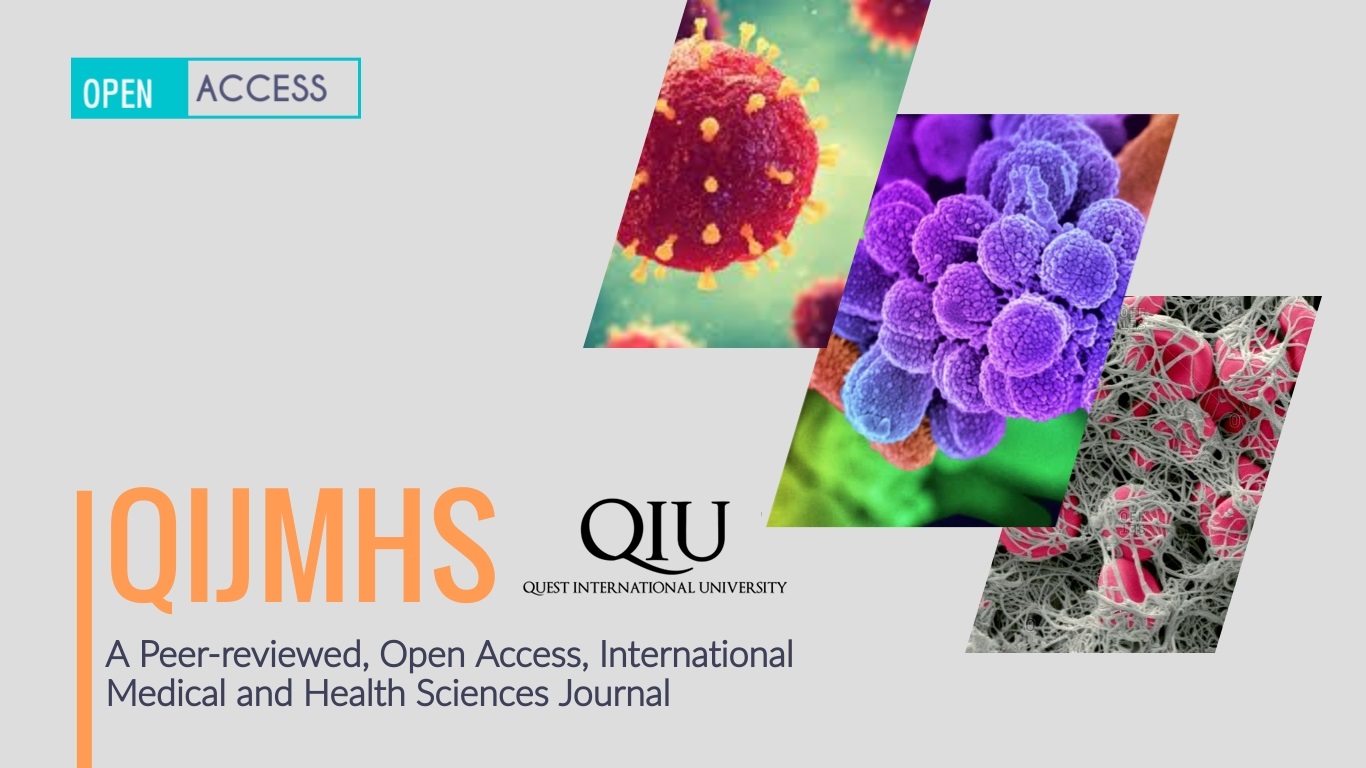Quality of life among undergraduate students in Ipoh, Perak: A cross-sectional study using WHOQOL-BREF
Abstract
Introduction:
Quality of life measures the wellbeing as it emerges to be one of the essential considerations in the healthcare of an individual. Despite the importance, much attention is needed to evaluate the quality of life (QoL) among undergraduate students in Malaysia effectively. Thus, this study aims to assess the quality of life and the factors contributing to poor quality of life among undergraduate students.
Methods:
A cross-sectional study conducted among university students in September 2019. The WHOQOL-BREF was used to assess the quality of life of the respondents. Descriptive statistics and univariate inferential statistics were performed to test the hypothesis of this study. The analysis was performed using IBM SPSS version 25.
Results:
Total of 325 students were selected to participate in this study. The median score of overall QoL score was within the range of 56–63 and there is a significant relationship between the domains studied. There is a significant difference in the median score of domains between the years of education. It was found that senior students were experiencing a better quality of life than the juniors. There is a momentous median difference in social relationship score observed between gender (p = 0.041). The proportion of female students experience psychological problems associated with QoL (63.2%) was significantly higher compared to male (51.5%).
Conclusion:
The year of education is the only socio-demographic characteristic found to be significantly associated with the QoL score for all domains. There were also, strong positive relationships observed between the scores of psychological and physical health, as well as between the environment and physical health-related QoL.
Copyright (c) 2019 Authors

This work is licensed under a Creative Commons Attribution 4.0 International License.





